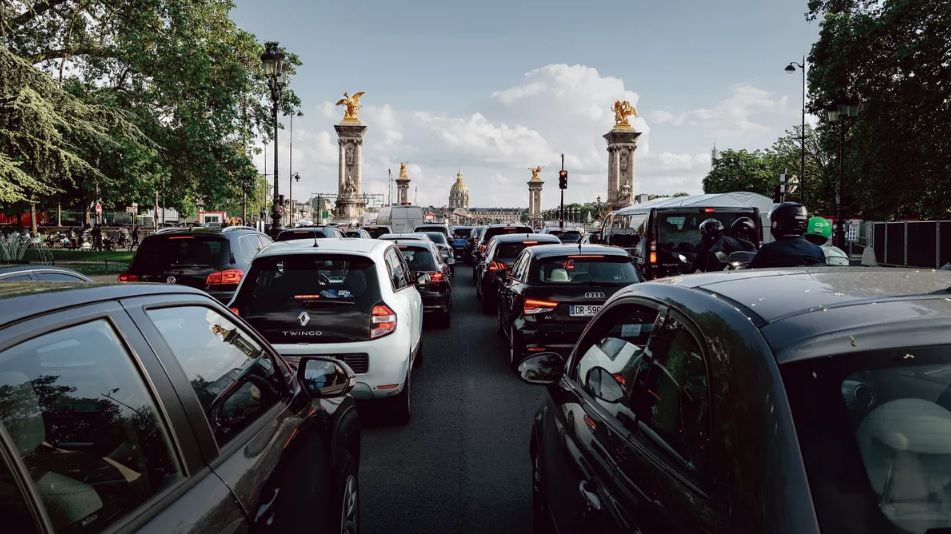Paris Prepares for Olympic Chaos Amid Construction and Traffic Concerns
As Paris prepares to host the 2024 Olympic Games, a significant question arises: at what cost? For months, traffic on public roads has been severely compromised, creating a growing sense of danger. The urban transformation necessary to host this global event has plunged Paris into unprecedented chaos, paralyzing essential routes and disrupting the lives of the population. The overwhelming number of construction sites has led to narrowed boulevards, diverted roads, and blocked streets, turning the capital into a maze. Commuting times have soared, as surface public transport such as buses are caught in traffic jams, while underground systems struggle to manage the increased influx of passengers during peak hours.
The Challenge of Transitioning to Soft Mobility
The campaign to encourage citizens to switch to 'soft mobility' like bicycles is laudable in theory. However, this push disregards those who cannot or prefer not to use such modes of transport. There is also a growing issue with the lack of adherence to traffic laws by cyclists, endangering public safety. The mayor of Paris remains steadfast in her ambitious reconfiguration plans, with little democratic support behind her actions. Legally, a public agent can be accused of gross misconduct if they misuse their powers, and this is a point of contention among the critics of Mayor Anne Hidalgo's policies.
Disinformation Campaigns Amid Olympic Preparations
The organizing committee for the Paris 2024 Games recently released a statement to counter 'false information' concerning transport and traffic during the event. A fraudulent message circulating online listed numerous roads as completely closed to traffic, which was inaccurate. Official sources like the Paris Police Prefecture and the website anticipaterlesjeux.gouv.fr provide reliable information about traffic arrangements. According to Paris 2024, only reserved lanes will be established to facilitate the movement of accredited persons, and there will be no total road closures as claimed by the disinformation campaigns.
The organizing committee urges citizens not to relay misleading content designed to cause confusion. With the Olympics fast approaching, Paris remains a hotspot for misinformation and 'informational warfare,' which includes various recent incidents like the placing of coffins at the Eiffel Tower and vandalism with red hands on the Holocaust memorial.
- The intensity of the ongoing construction and roadworks has created a general sense of frustration among Parisians. Many feel helpless as they navigate the labyrinth that their city has become.
- Bus and taxi drivers are especially vocal about the deteriorating conditions. Many argue that Mayor Anne Hidalgo's aggressive transportation policies have added to their daily stress and increased the risk of accidents.
- The organizing committee's quick response to misinformation highlights the seriousness with which they are preparing for the Games. Legal actions are being considered to address the spread of false content.
- Data shows a 12% increase in fatal accidents between 2019 and 2022 in Paris, leading to further concerns about the effectiveness of the ongoing urban transformations.






